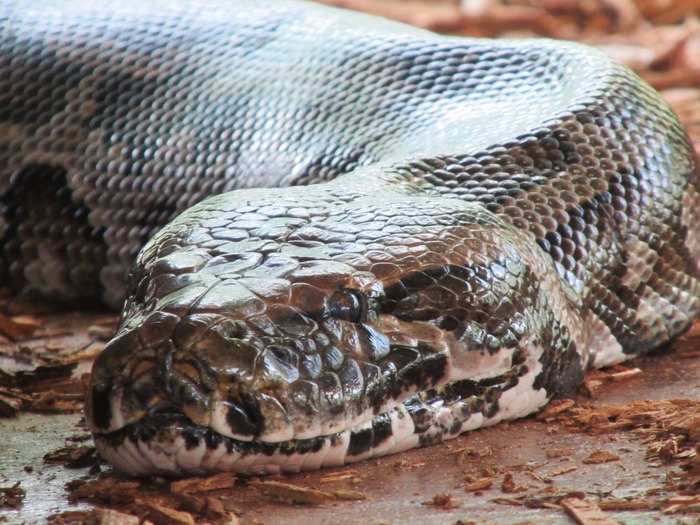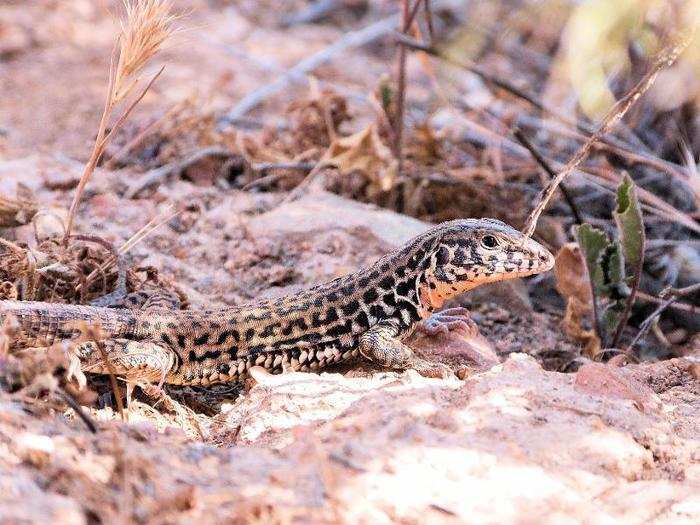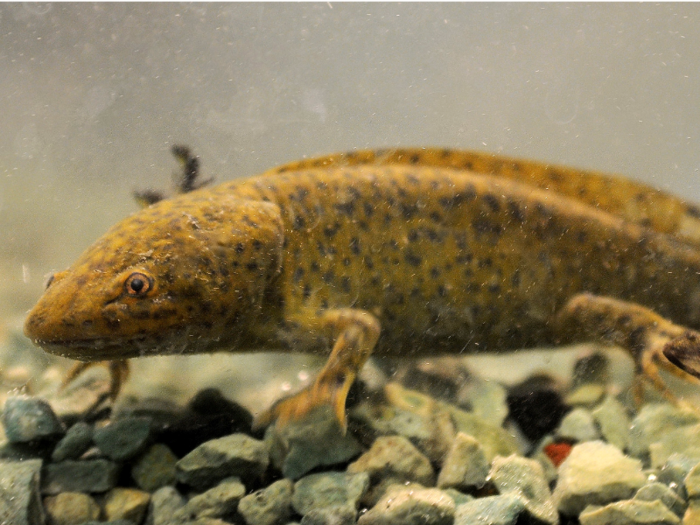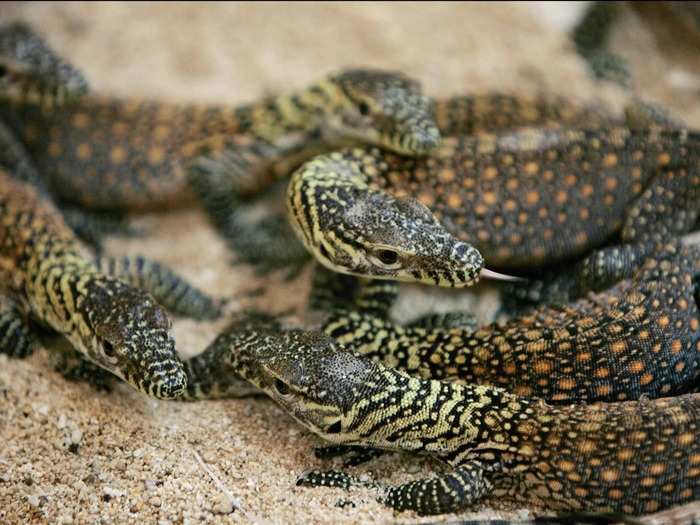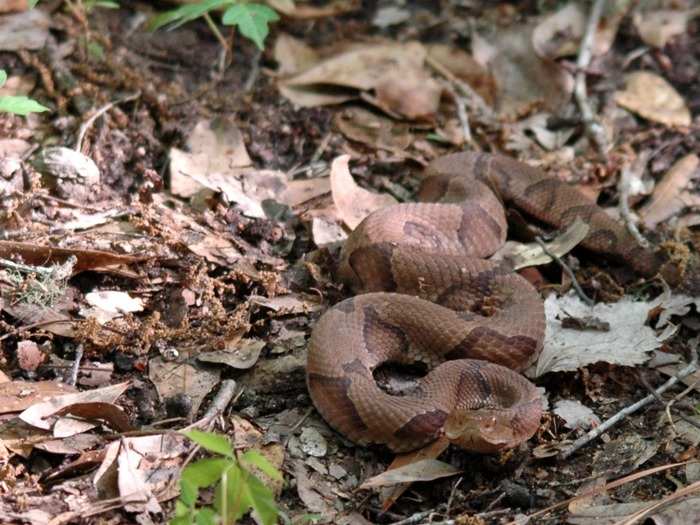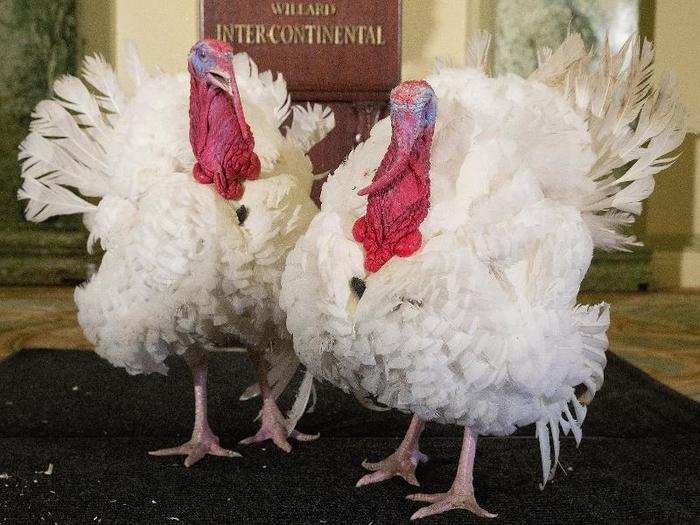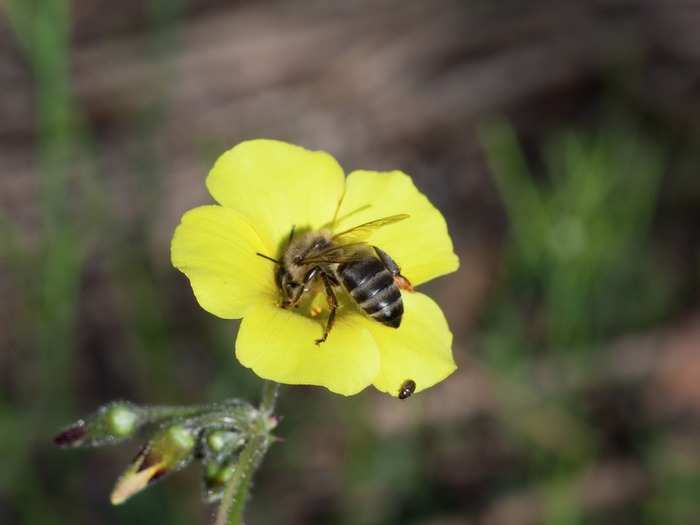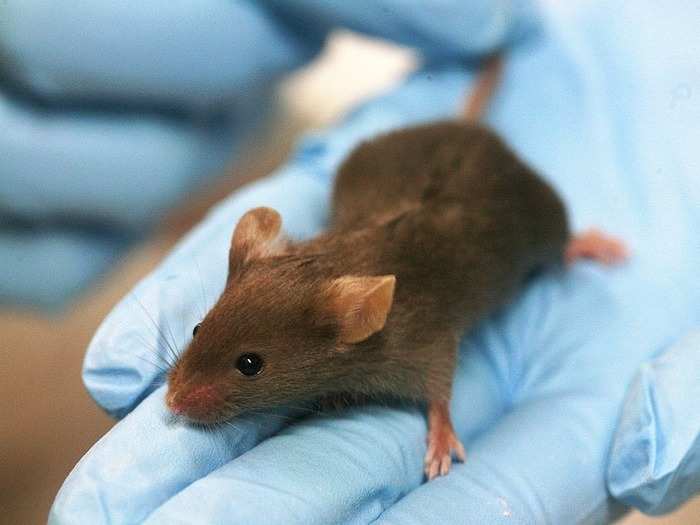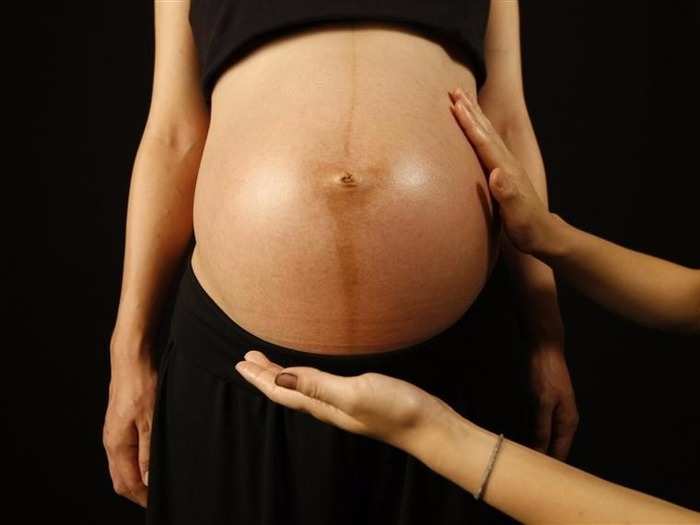But scientists have figured out that animals in the wild can also have virgin births. Back in 1966, scientists discovered that wild whiptail lizards were capable of making their own female offspring.
Genetic diversity in a species is important for fending off diseases and maintaining a growing population. This bonnethead shark is another type of shark that can have a virgin birth in captivity.
If a species relies on super-similar genetics, then its chances of being completely wiped out are higher. But that shouldn't be a big problem for animals like the pit viper — which can reproduce through parthenogenesis in the wild — because there are plenty of males for females to mate with.
Birds, like domesticated turkeys and chickens, have also been able to produce offspring without mating. In the 1950s, scientists discovered that unfertilized turkey eggs could develop embryos through parthenogenesis.

